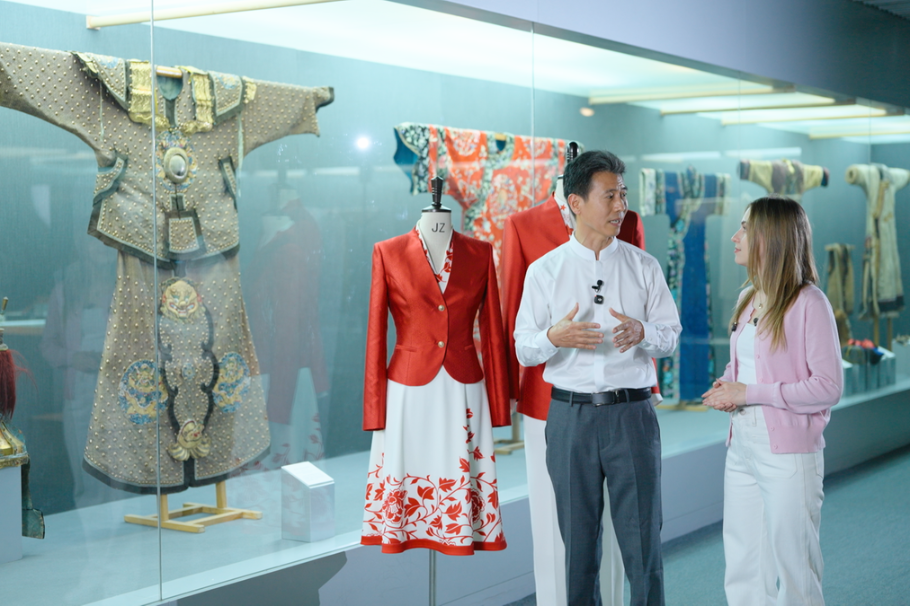US move against Chinese media serves neither side's interest

The US State Department's decision on Monday to put a cap on the number of Chinese nationals employed by Chinese media outlets in the United States is Washington's latest move to undermine bilateral exchanges and sabotage the achievements made over the past decades.
Like other international news organizations in the US, many of which are also government funded, the Chinese media outlets have played a critical role in helping the US public understand China and the world with their unique perspective.
Having worked as China Daily correspondent in the US for more than eight years, I have no doubt about that role, especially because many of the analyses, perspectives and positive words in my reports and columns came from top China scholars such as Jeff Bader, Jerry Cohen and the late Dick Solomon, although they were critical of the Chinese government from time to time.
Some scholars I had the occasion to talk to began their studies on China in the 1960s when the two countries had no diplomatic ties. Since those scholars could not easily visit the Chinese mainland then, they chose to travel to Hong Kong, then under British colonial rule, to talk to anyone coming from the mainland. Sometimes a mainland newspaper used to wrap fish and other items became a valuable source of information for them.
Those days of no contact and no exchange are long gone. Yet the current US administration seems intent on taking bilateral ties back to those days by, for example, undoing many good exchange programs.
Even when Barack Obama was the US president, the two countries faced many challenges, from cybersecurity to the South China Sea issue. Despite that, the Obama administration invited the Chinese military to participate in the Rim of the Pacific Exercise (RIMPAC), a multinational naval drill, in 2014 and again in 2016.
I covered RIMPAC in Hawaii. I also witnessed the signing of the 10-year visa agreement between the two countries in November 2014, and interviewed Edmund Downie, a Yale University graduate student, who was the first to be issued such a visa in Washington. Thanks to the visa policy, more Chinese nationals are able to see the US for themselves, instead of learning about it from dramatized Hollywood movies.
I was also there in early 2014 when the US launched the"100,000 Strong" initiative to encourage more American students to study in China. Obama, and then vice-president Joe Biden and secretary of state John Kerry have all spoken highly of the program. Kerry and his predecessor Hillary Clinton were also supportive of the Confucius Institutes in the US, which teach Chinese language, culture and history.
And SelectUSA Summit, a US government program launched in 2013 to attract foreign direct investment, has been attracting Chinese foreign direct investment for years.
These are just some of the many bilateral exchange programs that have experienced a dramatic setback over the past three years. The US no longer invites China for RIMPAC, has tightened the visa policy, and demonized the Confucius Institutes and Chinese FDI.
The 33 percent favorable rating of China among the US public in a Gallup poll released on Monday is shocking, but it is partly a result of the escalating smear campaign against China by US politicians. Surveys conducted over the years by New York-based Council on Foreign Relations, in collaboration with the National Geographic and Gallup, showed regrettably low scores in global awareness among US adults and college graduates.
As such, the latest US crackdown on Chinese media not only goes against the freedom of the press, it also undermines an important channel to keep the US public informed of the most important bilateral relationship of the 21st century.
The regressive US move to cut the hard-won achievements of years of bilateral exchanges may make it easier for some politicians to manipulate public opinion, but will not serve the US' national interest, or the interest of China and the world.

Today's Top News
- China's Shenzhou XX crew en route back to Earth
- China's economy remains generally stable in Oct
- Xi calls for advancing community with shared future when meeting Thailand's king
- Xi holds welcome ceremony for visiting Thailand's king
- China's retail sales up 2.9% in Oct
- Shenzhou XX crew set to return after space debris delay






























